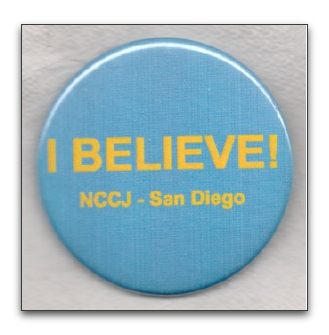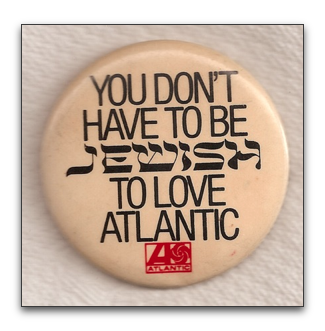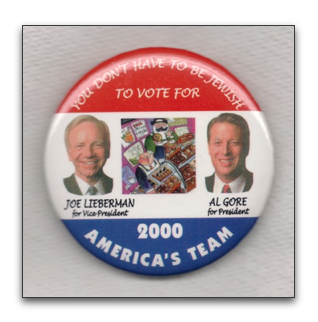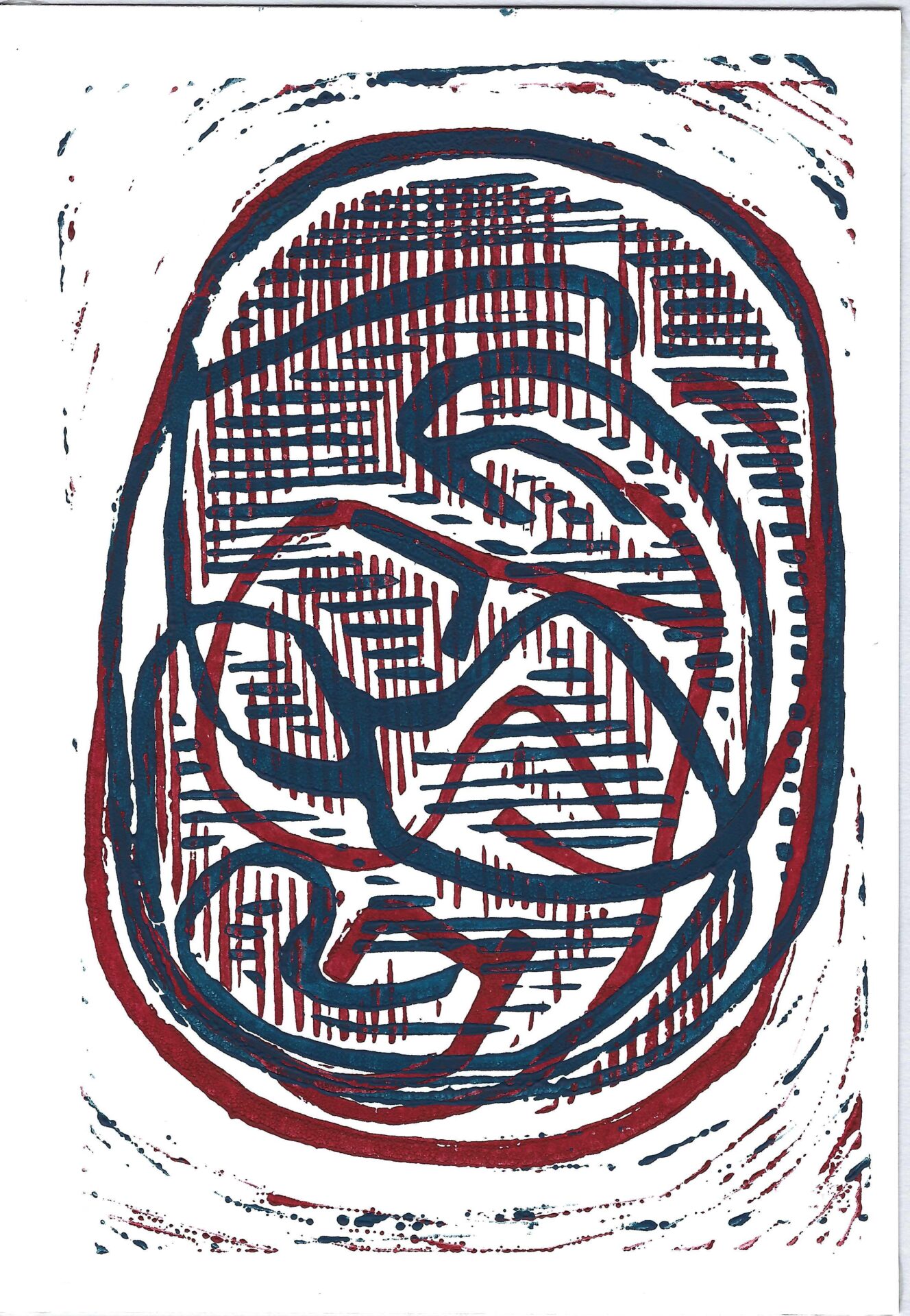siblinghood
Especially since September 11, 2001, we’ve heard a great deal about the common bonds among the Abrahamic religions. It is a lovely idea, and something worth working towards. However, even a simple glance at one of the most iconic stories of Abraham illustrates how different the three major “Abrahamic” religions are (the fourth is the Bahá’í faith).
- Jews know of it as the “Binding of Isaac”
- Christians know of it as the “Sacrifice of Isaac”
- Muslims know of it as the “Sacrifice of Ishmael”
The National Conference of Christians and Jews was founded in 1927. The summer I returned from my “gap year” on the Young Judaea Year Course in Israel (1965, immediately following the Watts Riots) I participated in the NCCJ’s youth camp Anytown USA. Teenagers from all over Los Angeles were taken up to the mountains in order to “get to know each other”. I know that I felt good about the experience. I don’t know how the kids from the racial minorities felt. In the 1990s, the NCCJ changed its name to the National Conference for Community and Justice in order to broaden its scope.
When I grew up I knew that the third week of February was “National Brotherhood Week”, sponsored by the NCCJ. But, my time at Anytown was a real “brotherhood week” …even though “it only last[ed] one week”.
Once again, one of my favorite commentators, Tom Lehrer:
Here’s a Britishized version:

i believe
| Date: | 1990s |
| Size: | 5.6 |
| Pin Form: | clasp |
| Print Method: | celluloid |
| Text | I BELIEVE! NCCJ — San Diego |
academically speaking
Two recent books have examined the concept of “Abrahamic religion”. They are worth examining as we evaluate our beliefs now that the new year begins. Here are reviews of each:
-
Jon D. Levenson. Inheriting Abraham: The Legacy of the Patriarch in Judaism, Christianity, and Islam. Princeton: Princeton University Press, 2012. 288 pp. $29.95 (cloth), ISBN 978−0−691−15569−2.
Reviewed by David Sandmel - Aaron W. Hughes. Abrahamic Religions: On the Uses and Abuses of History. New York: Oxford University Press, 2012. 208 pp. $55.00 (cloth), ISBN 978−0−19−993464−5.
Reviewed by Davis Hankins
Check your local library.
your lapel buttons
Many people have lapel buttons. They may be attached to a favorite hat or jacket you no longer wear, or poked into a cork-board on your wall. If you have any laying around that you do not feel emotionally attached to, please let me know. I preserve these for the Jewish people. At some point they will all go to an appropriate museum. You can see all the buttons shared to date.


![[you don't] have to be Jewish - engram](http://www.davka.org/wp-content/uploads/2013/08/you-dont-have-to-be-Jewish-1024x339.png)



